Alphonse de Lamartine: Poetry in a Time of Dislocation


In this time of pandemic and great social and economic dislocation and pain, the place for art is critical. Art can soothe us but, more importantly, it can remind us that the love of ideas and beauty and the persistence of a humane spirit still matter. In fact, they may save us.
Recently I have been reading some of the great French poets and I propose to share them with you. In this series, I will choose one poem from each of my favorite poets and translate it for you. These poems will be illustrated with some of my fine art photography. I hope they bring you peace and joy. (Click here for previous installments: Charles Baudelaire, Guillaume Apollinaire, Paul Valéry, Paul Verlaine and Christine de Pizan.)
In the seventh essay, I bring you Alphonse de Lamartine (1790 – 1869). Born in Mâcon, Burgundy, Lamartine was a writer, poet and politician.

Photo: Fern Nesson
In 1816, Lamartine spent the summer at Aix les Bains on the shores of the Lac du Bourget. There he met and fell in love with Julie Charles. Lamartine and Julie planned to meet again at the lake in 1817 but, mortally ill with tuberculosis, she was unable to return and she died shorty thereafter. Lamartine returned alone and then wrote this poem. It made his reputation as the first, and one of the best, Romantic poets.
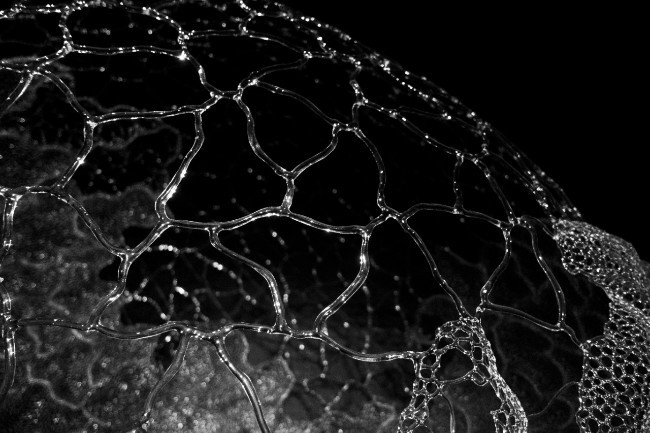
Photo: Fern Nesson
Le Lac (1820)
Ainsi, toujours poussés vers de nouveaux rivages,
Dans la nuit éternelle emportés sans retour,
Ne pourrons-nous jamais sur l’océan des âges
Jeter l’ancre un seul jour ?
Ô lac ! l’année à peine a fini sa carrière,
Et près des flots chéris qu’elle devait revoir,
Regarde ! je viens seul m’asseoir sur cette pierre
Où tu la vis s’asseoir !
Tu mugissais ainsi sous ces roches profondes,
Ainsi tu te brisais sur leurs flancs déchirés,
Ainsi le vent jetait l’écume de tes ondes
Sur ses pieds adorés.
Un soir, t’en souvient-il ? nous voguions en silence ;
On n’entendait au loin, sur l’onde et sous les cieux,
Que le bruit des rameurs qui frappaient en cadence
Tes flots harmonieux.
Tout à coup des accents inconnus à la terre
Du rivage charmé frappèrent les échos ;
Le flot fut attentif, et la voix qui m’est chère
Laissa tomber ces mots :
” Ô temps ! suspends ton vol, et vous, heures propices !
Suspendez votre cours :
Laissez-nous savourer les rapides délices
Des plus beaux de nos jours !
” Assez de malheureux ici-bas vous implorent,
Coulez, coulez pour eux ;
Prenez avec leurs jours les soins qui les dévorent ;
Oubliez les heureux.
” Mais je demande en vain quelques moments encore,
Le temps m’échappe et fuit ;
Je dis à cette nuit :
Sois plus lente ; et l’aurore va dissiper la nuit.
” Aimons donc, aimons donc ! de l’heure fugitive,
Hâtons-nous, jouissons !
L’homme n’a point de port, le temps n’a point de rive ;
Il coule, et nous passons ! “
Temps jaloux, se peut-il que ces moments d’ivresse,
Où l’amour à longs flots nous verse le bonheur,
S’envolent loin de nous de la même vitesse
Que les jours de malheur ?
Eh quoi ! n’en pourrons-nous fixer au moins la trace ?
Quoi ! passés pour jamais ! quoi ! tout entiers perdus !
Ce temps qui les donna, ce temps qui les efface,
Ne nous les rendra plus !
Éternité, néant, passé, sombres abîmes,
Que faites-vous des jours que vous engloutissez ?
Parlez : nous rendrez-vous ces extases sublimes
Que vous nous ravissez ?
Ô lac ! rochers muets ! grottes ! forêt obscure !
Vous, que le temps épargne ou qu’il peut rajeunir,
Gardez de cette nuit, gardez, belle nature,
Au moins le souvenir !
Qu’il soit dans ton repos, qu’il soit dans tes orages,
Beau lac, et dans l’aspect de tes riants coteaux,
Et dans ces noirs sapins, et dans ces rocs sauvages
Qui pendent sur tes eaux.
Qu’il soit dans le zéphyr qui frémit et qui passe,
Dans les bruits de tes bords par tes bords répétés,
Dans l’astre au front d’argent qui blanchit ta surface
De ses molles clartés.
Que le vent qui gémit, le roseau qui soupire,
Que les parfums légers de ton air embaumé,
Que tout ce qu’on entend, l’on voit ou l’on respire, Tout dise : ” Ils ont aimé ! “
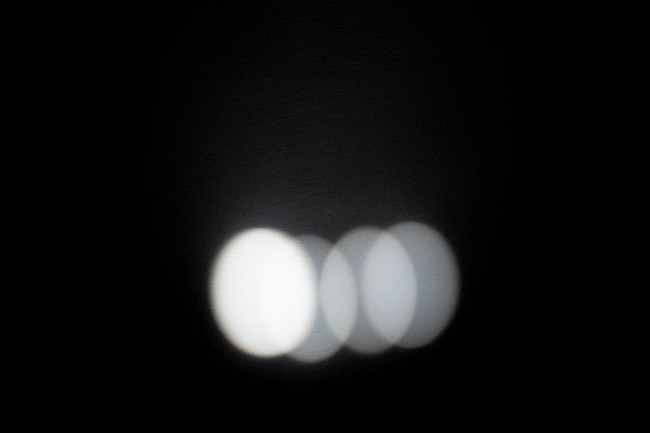
Photo: Fern Nesson
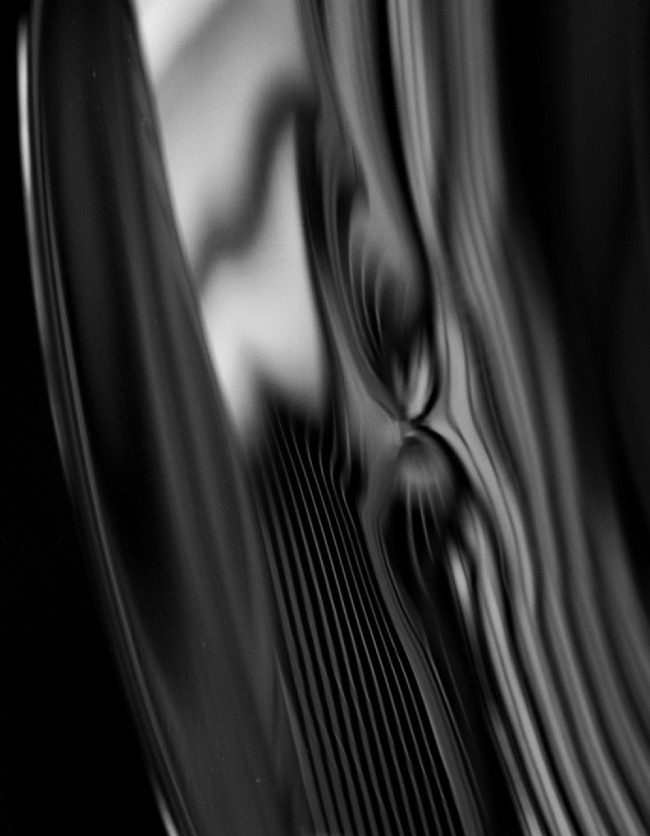
Photo: Fern Nesson
My Translation:
Driven ever onward toward distant shores,
borne away through eternal night
can we never set an anchor on the ocean of time
for even a single day?
Oh lake! scarcely a year has passed
since she and i beheld your waves
but look! now I come alone to sit
on the rock where she once sat.
Last year, the wind whistled beneath
these rocky ledges
and water lapped the craggy shore.
The spray from your waves kissed her lovely feet.
Do you remember the night
when we rowed in silence under the night sky?
Our oars the only sound
beating time with your waves?
All of a sudden, mysterious unearthly sounds
echoed from the shore
and even the waves quieted to listen.
Then my darling spoke:
“Time! Cease your flight,
and halcyon hours suspend your flow!
Allow us to savour the fleeting delights
of these most beautiful days of our lives!
“Respond to those unhappy souls
who implore you to make their days ever shorter,
relieve them from the troubles that ravage them.
But let the happy ones be!
“I plead in vain for more time
but time escapes my grasp and flees.
Tonight I say: Stay longer!
But no! Dawn always vanquishes the night.
“So let us love, let us love!
Let us fill each fleeting hour!
Hurry! Love now!
Man has no harbor; time has no shore.
It flies and we pass on!”
Begrudging time, why do enchanted moments,
when waves of happiness flow over us,
rush by us at the same speed as days filled with sorrow?
And why can’t we retain any trace of them?
Are they gone forever? completely lost?
What times gives, it also erases.
And we will never get it back!
Eternity, abyss, void:
What have you done with the days you have swallowed?
Tell me why won’t you give us back
the ecstatic moments that you have stolen from us?
Oh lake, mute rocks, deep grottos, dark forest!
You who time spares and you whom it rejuvenates
protect that night, preserve it, Mother Nature,
at least in memory!
Preserve it beautiful lake, in serene weather and stormy
on your pleasant banks, in your graceful pines
and in the jagged rocks that loom over your waters.
Preserve it in fluttering zephyrs,
in the sounds of waves lapping your shores
And in the star whose silver light
pierces your surface and illuminates your depths.
May the wind moan, the reeds sigh,
the lightly scented breeze that wafts through the still air,
may everything seen, everything heard, everything breathed
all proclaim: They loved!
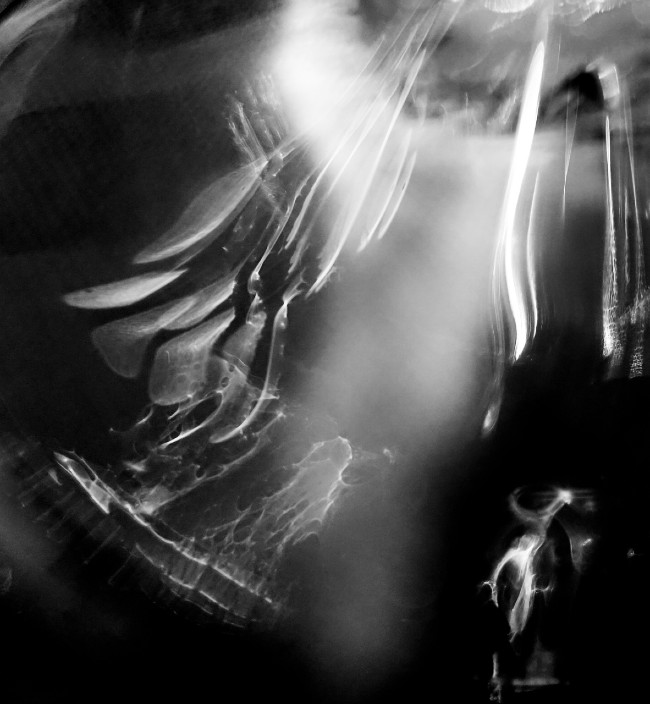
Photo: Fern Nesson
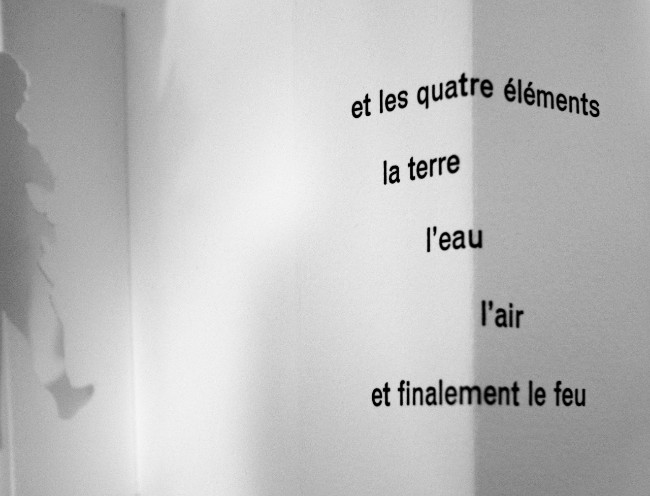
Photo: Fern Nesson
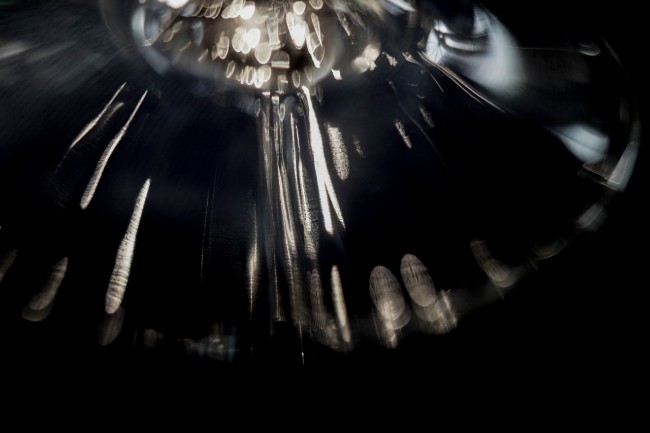
Photo: Fern Nesson
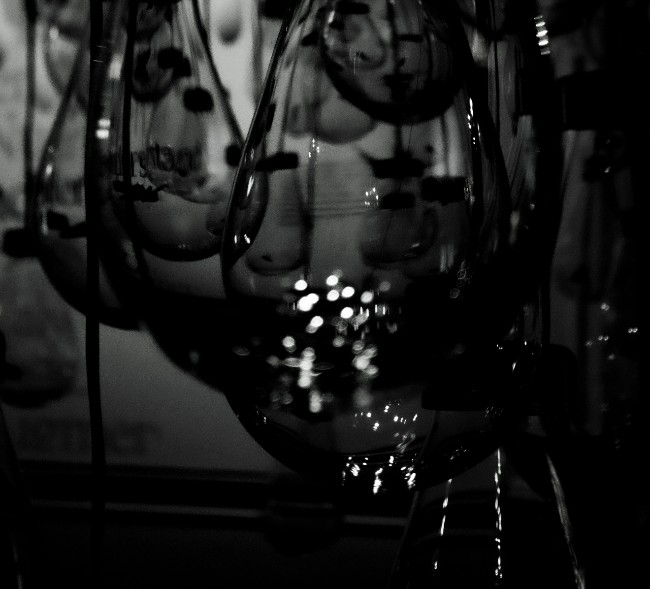
Photo: Fern Nesson
Lead photo credit : Photo: Fern Nesson


